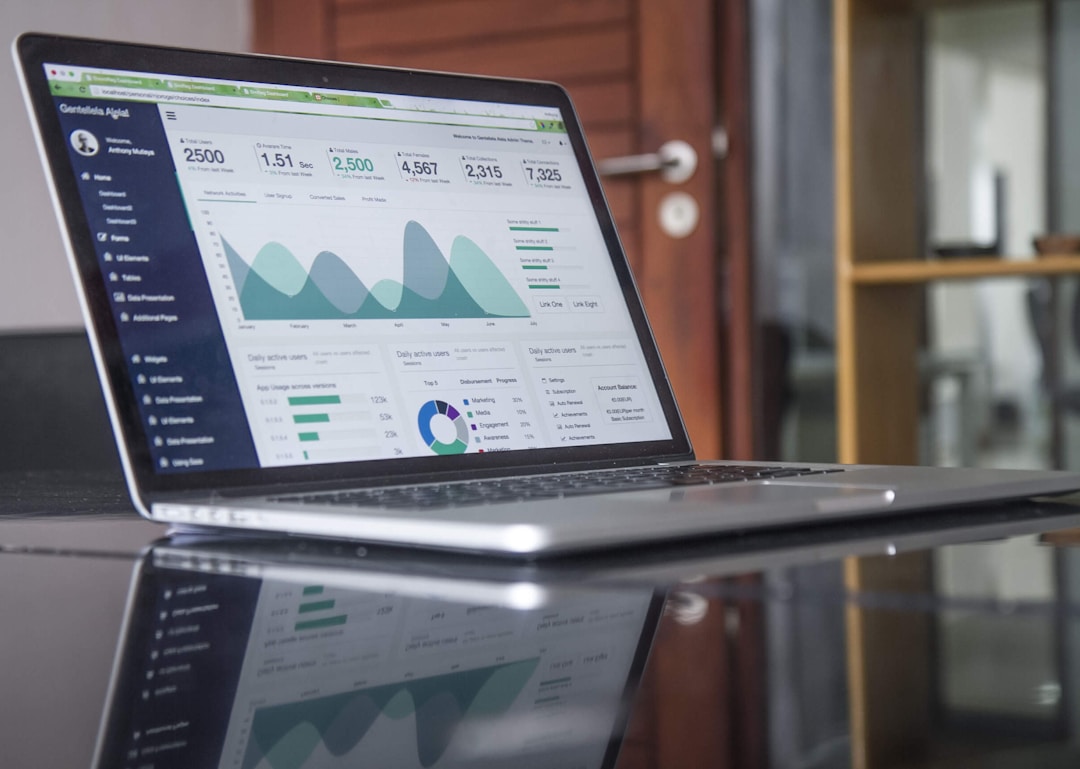Consumers get ads every day for similar products and services that you offer. It behooves you to become more creative in optimizing your marketing strategy. That’s where data science and big data analytics come in. Business executives use them to streamline business processes, improve customer experience, and gain a competitive advantage.
However, implementing data analytics can be daunting when done manually. Before now, analysts relied on spreadsheets that were manually computed and analyzed. Thanks to innovative technological solutions, data analysis can be done using advanced analytical tools.
Data Analytics Defined

You’re probably here looking for a comprehensive answer to the question “What is data analytics?” For those not familiar with the term data analytics, it involves applying artificial intelligence (AI) and machine learning to increase efficiency and identify new business opportunities.
Data analytics helps business users analyze real-time customer data, historical data, structured and unstructured data, and qualitative data to gain meaningful insights to make informed decisions. This technology allows companies to become more innovative and forward-thinking in making timely decisions. In addition to monitoring and reporting key performance indicators (KPIs), data analytics helps analysts find hidden patterns in an algorithm. These insights will enable companies to create personalized products, streamline operations, and enhance productivity.
The collaborative data analytics process empowers your team members—from data analysts and data scientists to data engineers and business analysts—to make meaningful contributions to your brand’s success. More so, your team can use data mining techniques for predictive analytics using specific insights and metrics. This collaboration extends outside of the work environment.
For instance, your data scientist or data analyst can engage customers to find answers to questions probing them using sophisticated data analytics technology.
Overall, data analytics finds applications in all sectors, including manufacturing, financial services, energy, insurance, transportation, travel and logistics, and healthcare. Business leaders can leverage data analytics to deliver excellent customer service, optimize cost-effectiveness, prevent fraud, predict and mitigate risks, and gain a competitive advantage.
How can data analytics help your company?

If you’re not yet sold on the concept of big data analytics, here are some ways this technology can benefit your company:
Business intelligence and reporting: There’s no gainsaying that data analytics serves as the information hub of any business. With data analytics, business users can gain actionable insights to make better business decisions. More so, they can monitor and track progress on all fronts.
Create innovative products: Your production team can use the valuable insight gained from data analytics to update existing products and create innovative ones. By collecting and analyzing raw data from customer feedback, competition, and product success, you can build products that fit your customer base and prospective customers.
Data visualization: You can rely on data visualization or visuals to glean valuable insights from the dataset. When looking to find the right data analytics software for your company, opt for one with data visualization capabilities. These features help make exploratory data analysis more accessible and faster.
Customer acquisition and retention: To stay ahead of the competition, companies must adopt a unique marketing approach. Data analytics can help your company stay on top of the ever-changing market trends. With data analytics, you can also collate and analyze consumer data to identify trends to inform strategies that enhance customer satisfaction.
Focused and targeted marketing campaigns: Your company can leverage data analytics to deliver products and services that resonate with your target audience. In addition, it’ll provide actionable insights into customer trends to help create focused and targeted marketing campaigns. The trickling effect is that you can match and exceed customer expectations and improve brand loyalty.
Mitigate risks: Thanks to data analytics, your business can thrive in high-risk environments. Data analytics can also help create more innovative risk management strategies and optimize risk management processes.




